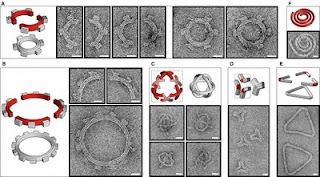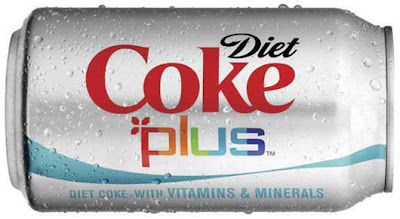Stronger than steel, as light as air and more flexible than rubber: a truly 21st century muscle. NanoTech, Institute at the University of Texas at Dallas, has made a nano material that could make artificial limbs, smart skins, shape-changing structures, ultra-strong robots and eventually highly-efficient solar cells.
'It can generate about 30 times the force per unit area of natural muscle,' they say.
Carbon nanotubes have fascinated material scientists since the early 1990s, when researchers started to explore the ultra-light, ultra-strong cylindrical molecules.
Carbon nanotubes are already used in bicycle components, and in prototypes of airplanes, bulletproof clothing, transistors, and ropes that might someday be used to tether a space elevator (On a historical note, carbon nanotube-infused steel was used to made Damascus blades, renowned as history’s sharpest swords, though the technique has been lost).
The latest muscle is made from bundles of vertically aligned nanotubes that respond directly to electricity. Lengthwise, the muscle can expand and contract with tremendous speed; from side-to-side, it’s super-stiff. Its possibilities may only be limited by the imaginations of engineers.
This apparently unprecedented degree of anisotropy — direction-dependent physical properties — is akin to having diamond-like behavior in one direction, and rubber-like behavior in the others.
 Nanoscale Engineering is Flying Ahead.
Nanoscale Engineering is Flying Ahead.

